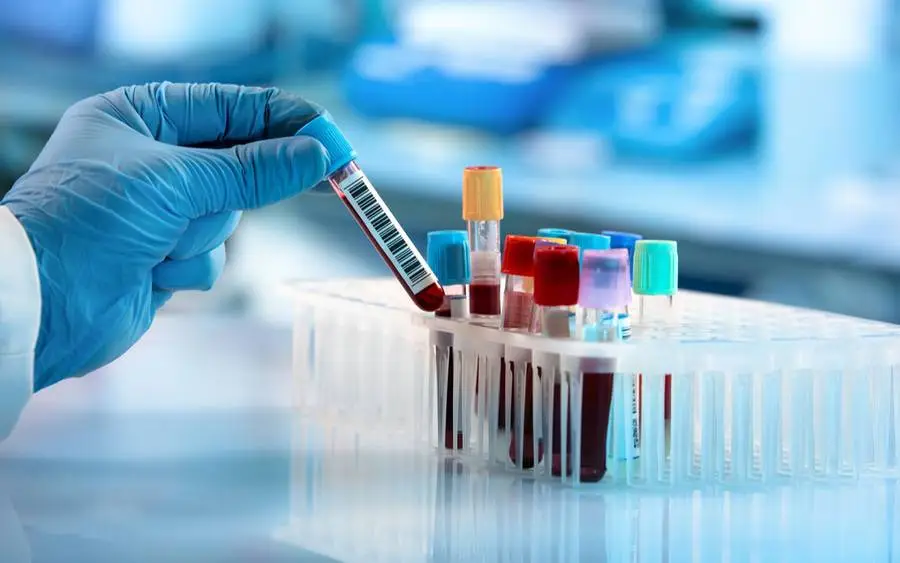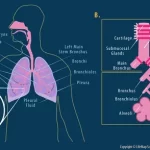Blood testing is an important part of any health checkup that you go for. Doing a blood lab test helps with proper disease detection and diagnosis of any condition that you might have. So, on that note, let us learn a little bit more about blood testing in general.
What Exactly Are Blood Tests?
Blood tests are basically used for measuring certain chemicals and proteins in the blood along with the examination of cells as well. Most commonly known as blood work, these tests are very common in the field of lab testing. As a part of any regular health checkup, blood tests are very crucial and help with the:
- Diagnosis of different conditions and diseases
- Monitoring of diseases such as high cholesterol or diabetes
- Figuring if the patient is responding to a particular type of treatment
- Finding out if the patient’s organs such as kidneys, liver, thyroid, and heart, are functioning properly
- Finding out about clotting or bleeding issues
- Checking if the immune system of a patient is functional in fighting infections
Various Types of Blood Tests?
Blood tests take place in different types and the most common ones are:
- CBC Or Complete Blood Count: This is a blood test that is used to measure various parts in the blood such as the platelets, RBC, WBC, and the haemoglobin count. CBC is the most common blood test and is a part of any regular health checkup.
- Blood Enzyme Tests: Enzymes are responsible for controlling all the chemical reactions that take place in the body. Creatine Kinase tests and troponin tests are the most crucial and common blood enzyme tests that happen in diagnostic centres.
- Metabolic Panel: These are the tests that determine the levels of different chemicals in your blood such as electrolytes, calcium, and glucose.
- Heart Disease Tests: Several blood tests are done to check the heart condition of a patient and these tests include the triglyceride and cholesterol tests.
- Blood Clotting Tests: These tests will help determine whether you have a condition that causes excessive clotting or bleeding in your body. These tests are commonly called a coagulation panel.
Events During A Blood Test
During the blood test, the technician will have to take a blood sample. This process is known as drawing the blood. If the blood is taken from a patient’s vein, the process is called venipuncture. The lab professional (phlebotomist) during this process will use a needle to draw the blood from the patient’s vein. Once the needle goes in properly, a small amount will then be collected in the vial or test tube attached to the needle. While the patient might feel a slight sting when the needle is pushed in or pulled out, there is generally no severe pain in the process. The entire thing lasts for about 5 minutes. This process is pretty common when it comes to taking blood samples, although there are other ways as well.
A healthcare provider will need to take a sample of your blood. This is also called a blood draw. When a blood draw is taken from a vein, it’s known as venipuncture.
- Finger Prick Testing: This is a test that is done by pricking the finger in order to draw blood and the blood is then collected on a slide. This is a test that is a part of rapid testing or a home testing kit. If you book a lab test at home using mobile apps, the technician will draw the blood using a finger prick. These tests provide faster results and need no other special tools.
- Heel Stick Testing: This test is a common practice amongst newborns. In this test, the lab technician will clean the heel of the baby using alcohol. Then the heel is poked to draw the blood. Only a few drops are enough for this test.
- Arterial Blood Testing: This practice is pretty common when you want to learn the oxygen levels in your blood. Since arterial blood has a higher amount of oxygen, this testing is common for that purpose. The blood will be drawn from an artery instead of a vein. However, this process can be a bit painful for the patient.
Preparation for a Blood Test
There is nothing much to prepare for when it comes to blood test. However, there are some blood tests where you may have to fast without drinking any food or water. It is better to consult with a healthcare professional in order to gain more information about such tests.
Risks In Blood Testing
There are no risks when it comes to blood testing. Although you might feel a slight pain during the finger prick testing or arterial blood testing, there are no severe complications once the procedure is complete. The case is pretty much the same with heel prick testing as well since babies only feel a slight pinch when their heel is pricked. Make sure that the needles or tools used in the process are sterilized before the testing is done.
While blood tests in general are pretty common for diagnosis, these tests are not capable of providing all the information about a person’s health. There are other mandatory tests along with blood work which can help physicians and doctors make an accurate diagnosis.








